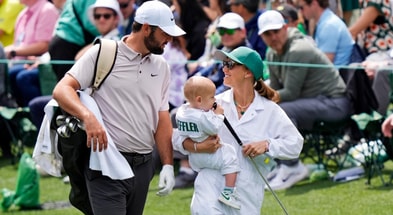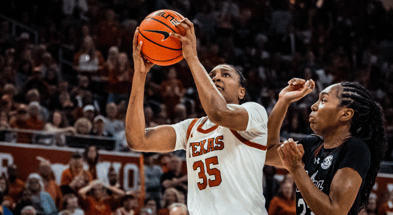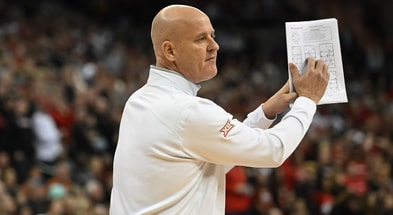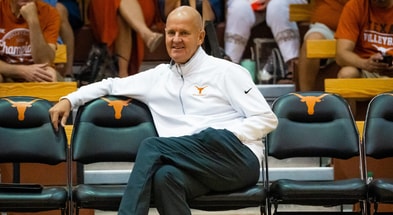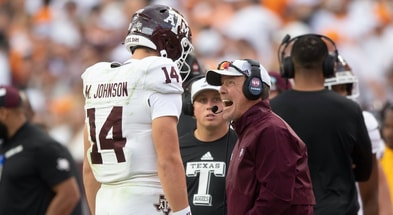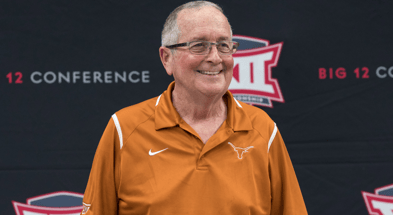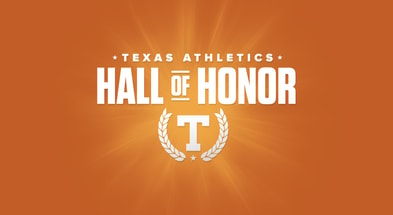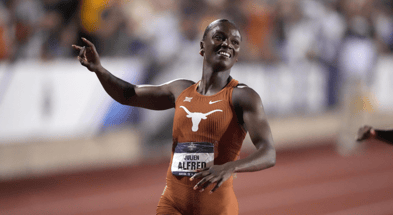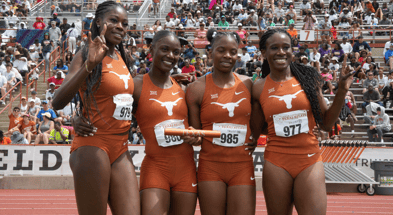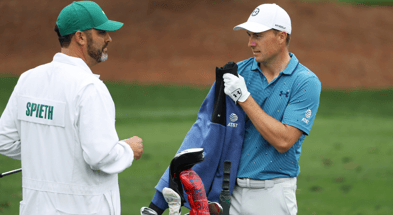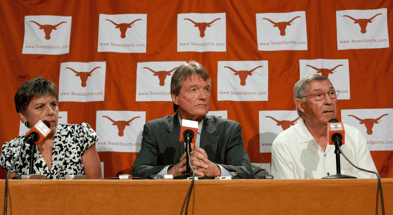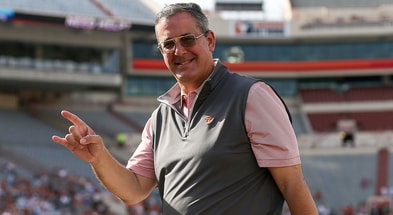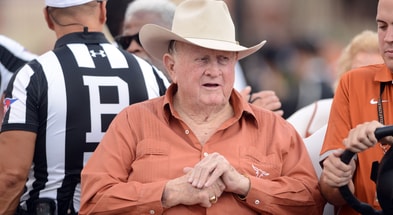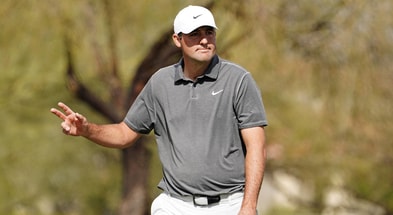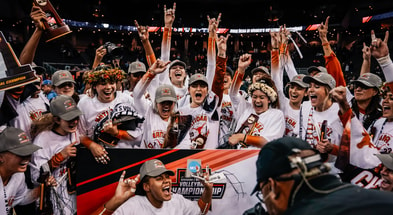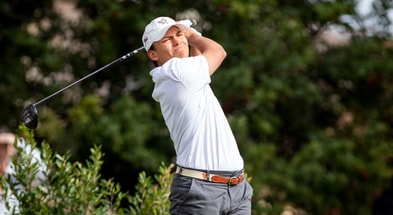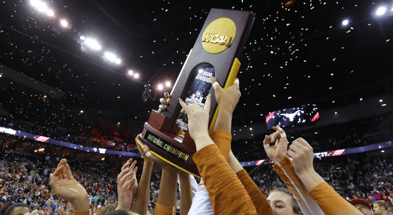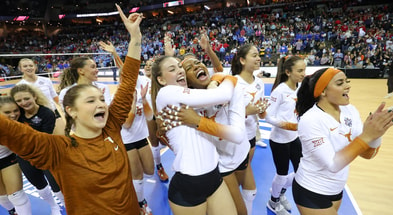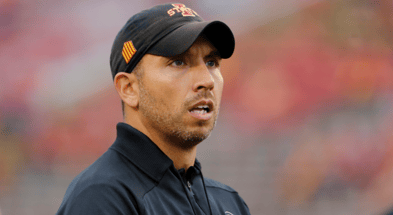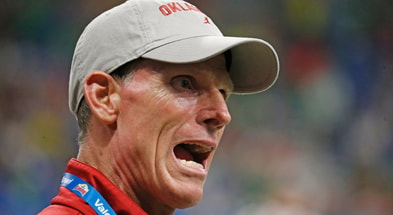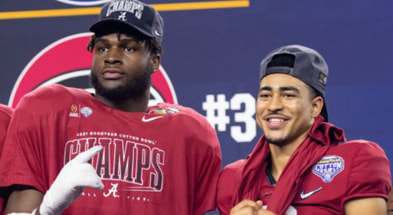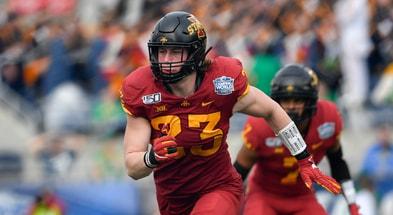Longhorn Lessons From The Luka Dončić Disaster

The Luka Dončić return to Dallas as a Laker might have been the weirdest thing I’ve ever seen in sports. As I wrote a few months ago when it happened, it had me feeling incredibly sad for Mavs fans, a team I once reviled.
[Join Inside Texas TODAY and get 7 days for just ONE DOLLAR!]
As someone who spends a lot of time thinking about passing fandom down to the next generation, I thought of how in the world a Mavericks fan dad would try to bond over basketball with his son or daughter who loved Luka. The events of the other night made it even worse, salt in the wound. The ironic tribute video and T-shirt giveaway a month after throwing Luka’s off-court habit under the bus. The home crowd rooting for the ex. The former player who is unable to speak through tears before eviscerating his old team with 45 points to the old fanbase’s delight.
It highlighted the stupidity and betrayal of the whole thing.
Luka didn’t want to leave, nor did Mavericks fans want to see him go. It was the ultimate example of sports betraying the fan. It snapped several “Mavs fans for life” ties to the franchise. They haven’t watched since it happened, because it made them sick to think about it. The trade broke the reasons we come back to sports: connection, community, memories.
A digression: Here’s how I view the Luka trade two months in and the lasting ripple effect of carnage it has left. It was as if a parent (Nico Harrison) traded the kid’s beloved Golden Retriever (Luka) away to the rich family down the street (the Lakers) in the middle of the night. Did the Retriever still jump up on the counter to surprise eat a package of flour tortillas or a pot roast occasionally? Maybe it would poop in the parents’ bed every once in a while. Sure. The point is, the kids loved the damn beautiful dog. It went everywhere with them. The dog was going to be in their life for the next 14 years. He went on long hikes and retrieved doves at the farm. Slept in the kids’ room when they were sick.
And all the parents got in return for Goldie was an ornery three-legged former show dog who had won several shows back in 2015. The parent tries to talk pedigree to the kids and talk about stud fees, how the show dog’s grandsire was a famous champion named Mamba. But when the parent tries to sell the three-legged dog to the families, they just get more upset. Eventually, the kids start camping in the rich neighbor’s yard. They refuse to come home. They’re going with the Golden Retriever and leaving their family behind. The family is irrevocably broken.
I was talking with some friends after the Lakers–Mavericks game about whether we were the last generation who are “rooting for laundry.” I think we are. Especially in pro sports. The idea was popularized by Jerry Seinfeld and meant that a fan was essentially cheering for clothes or a logo because the players come and go.
Growing up going to Spurs games, I’d lament the visiting fans who showed up in LeBron James Cavaliers jerseys, then a Heat jersey, then a Cavs jersey again. Now, I’m older and I don’t have time to care about what bandwagons people hop on, but I also don’t know if I blame them. Especially when they didn’t ask for their favorite player to be kicked to the curb.
One thing that had always been clear in fanhood was identity. But that’s becoming muddier than ever. The indelible memories we’ve always made in sports, the timestamps they place on our lives, were 90 percent tied to the players we’re cheering for anyway. The fact the laundry had such a hold on our loyalty to begin with was impressive.
I have always felt like college fandom was a bit deeper than laundry though. Even though the players were in our lives for an even shorter amount of time than they’re in the pro fan’s life, there was a closeness or relatability to them. We had also been students at the same university or a lost 20-year-old trying to find their way in the world during a formative time. College fandom also represented and still represents something deeper: where you’re from, who your family and friends are, what choices you made.
Now, players come and go more than ever before in college sports. Basketball is an absolute mess in this regard. For me, I rely on laundry with my Texas fandom more than I used to. But for every year I think I’m losing a bit of what tied me to this whole thing in the first place, there’s a Sam Ehlinger, Roschon Johnson, then a T’Vondre Sweat, a Jahdae Barron, a Quinn Ewers, now a Michael Taaffe and an Arch Manning.
Top 10
- 1New
No More Nico
Neyland removes QB pics from stadium
- 2Trending
Mario Cristobal
Miami HC warns team on holdouts
- 3
DJ Lagway injury
Florida QB's timeline updated
- 4
Flau'Jae Johnson
Posts cryptic LSU message
- 5Hot
Josh Heupel
New details on Nico Iamaleava rift
Get the On3 Top 10 to your inbox every morning
By clicking "Subscribe to Newsletter", I agree to On3's Privacy Notice, Terms, and use of my personal information described therein.
So, can a situation like the other night in Dallas happen in college football? Where rooting interest becomes ambiguous and the player is chosen over school? In a sport without trades, it’s harder to imagine. But nothing should shock the sports fan anymore. In college, I don’t think it would be so much the fan rooting for the ex-player or the new team, as much as it would erode the fanbase and kill the collective trust in a university’s athletics.
There would need to be a series of blunders, then a resounding break of the camel’s back. A Nico Harrison-like vendetta which motivates a betrayal of epic proportions. There would need to be the fumbling of a situation so badly by a head coach or the emerging college football general manager that it resulted in an unthinkable situation. Like a Vince Young-level player wearing a Sooners jersey for his last year in college because his coach didn’t like that the star was bigger than the play-caller.
It wouldn’t start with something that seismic — it would start small. A benching. A passive-aggressive press conference. A player pushed toward the portal under the guise of “business decisions.”
A thought like that makes me sick. And if that causes the most revolting image one could muster, straight from the depths of a nightmarish underworld, it’s meant to.
It would mean someone who fans thought would be in their lives is gone. With revenue sharing, which will inevitably lead to collective bargaining and contracts and broken promises all growing more paramount, the possibility for incredibly hurt feelings and scars increases. It’s no longer paranoia to wonder if your favorite player is a season away from being poached. Luckily Texas has people running the program and university in Steve Sarkisian, Chris Del Conte and Kevin Eltife who care about tradition and legacy. These guys get what the program means to fans, but a lot of other string pullers of various teams do not. They value the fans’ relationships with the players. I believe they will all leave UT someday much better than they found it.
But what comes after, I’m not sure.
[Join Inside Texas TODAY and get FOUR MONTHS for just ONE DOLLAR!]
And if the people running your program don’t understand what the player means to the fans, not just as an athlete, but as a chapter in their life, they’re already losing. Fans of college athletics must demand ironclad protections from what we’ve witnessed in Dallas. I’m not sure I’d wish what’s happened to Mavericks fans on my worst enemy. Because I never want it to happen to me.

